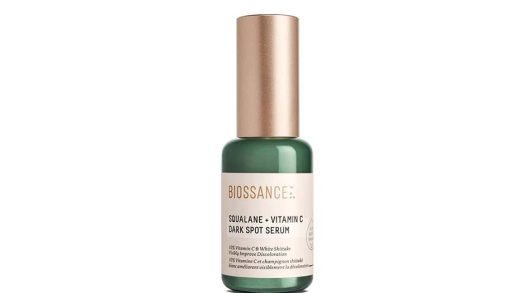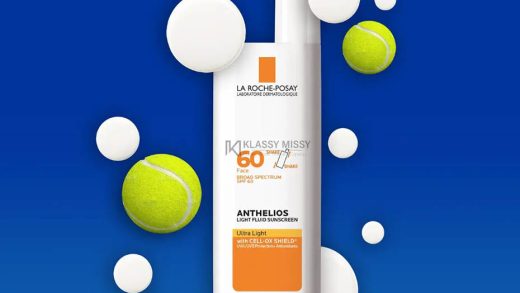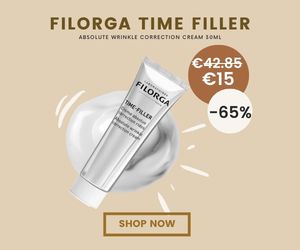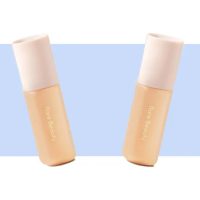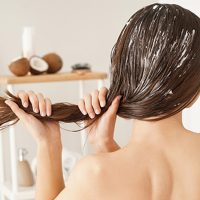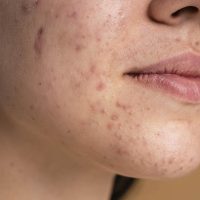In the quest for beautiful skin, exfoliation often comes up as a key step. However, improper or excessive exfoliation can damage your skin. Today, let’s delve into the importance of the stratum corneum, how to properly care for it, and the best practices for both exfoliation and protection.
Unleash Your Adventure with Columbia Sportswear
– Where Style Meets Performance!
Elevate Your Outdoor Experience with Our Premium Gear – Explore, Conquer. and Look Good Doing It. Embrace the Elements in Columbia's Cutting-Edge Designs. Gear Up for Greatness, Unleash Your Inner Explorer!
Find your gearThe Importance of the Stratum Corneum
The stratum corneum is the outermost layer of the skin, composed of dead skin cells. Although it may seem insignificant, it is crucial for skin health. The main functions of the stratum corneum include:
- Protective Barrier: It forms a barrier that protects the inner living cells from external pollutants, UV rays, and pathogens.
- Prevents Moisture Loss: It effectively prevents the loss of moisture from the skin, keeping it hydrated.
- Regulates Skin Absorption: It controls the absorption rate of active ingredients in skincare products, avoiding irritation.
Therefore, having a healthy stratum corneum is key to maintaining smooth and hydrated skin.
How to Care for the Stratum Corneum?
To maintain a healthy stratum corneum, follow these skincare steps:
- Gentle Cleansing: Avoid using overly harsh cleansers to prevent damage to the stratum corneum. Choose mild, fragrance-free cleansing products.
- Hydration and Moisturization: Use products containing hyaluronic acid and glycerin to help the stratum corneum lock in moisture.
- Sun Protection: UV rays are the stratum corneum’s biggest enemy, so apply sunscreen before going outside to protect it from UV damage.
For a beautiful and user-friendly website to showcase your skincare routine or blog, consider using Squarespace.com. It’s an excellent platform for creating stunning websites effortlessly.
Does My Skin Need Exfoliation?
Exfoliation is not necessary for everyone, especially for sensitive skin. Here are some criteria to determine if you need exfoliation:
- Rough Skin Texture: Noticeable grainy feel when touched.
- Dull Skin: Skin appears lackluster.
- Poor Absorption of Skincare Products: Products sit on the skin surface without being absorbed easily.
Which is Better: Physical Scrubs or Chemical Exfoliants?
There are two main types of exfoliation: physical (scrubs) and chemical (acids).
- Physical Scrubs: Use granulated scrubs to remove dead skin cells. Suitable for more resilient skin, but be mindful of the pressure applied to avoid over-exfoliation.
- Chemical Exfoliants: Include alpha hydroxy acids (AHA) and beta hydroxy acids (BHA) that dissolve the bonds between skin cells. Suitable for oily and acne-prone skin, but sensitive skin should be cautious.
How to Start Using Acid Exfoliants?
If you decide to try acid exfoliants, consider these points:
- Choose Suitable Products: Start with products containing low concentrations, such as 5% AHA.
- Monitor Reactions: Observe your skin’s reaction after the first use. If you experience any irritation, stop using the product immediately.
- Gradually Increase Frequency: Begin with once a week and gradually increase to two or three times per week.
Recommended Exfoliation Methods?
Based on skin type and concerns, choose the appropriate exfoliation method:
- Dry Skin: Opt for gentle AHA products and avoid granulated scrubs.
- Oily Skin: Choose BHA products to help control oil and prevent clogged pores.
- Sensitive Skin: Avoid exfoliation or choose very gentle products and use them sparingly.
Recommended Product: Curel‘s gentle exfoliating product, suitable for all skin types, especially sensitive skin.
For those looking to share their skincare journey or offer skincare advice, building a website with Squarespace.com can help you reach a broader audience with ease.
Exfoliation Precautions
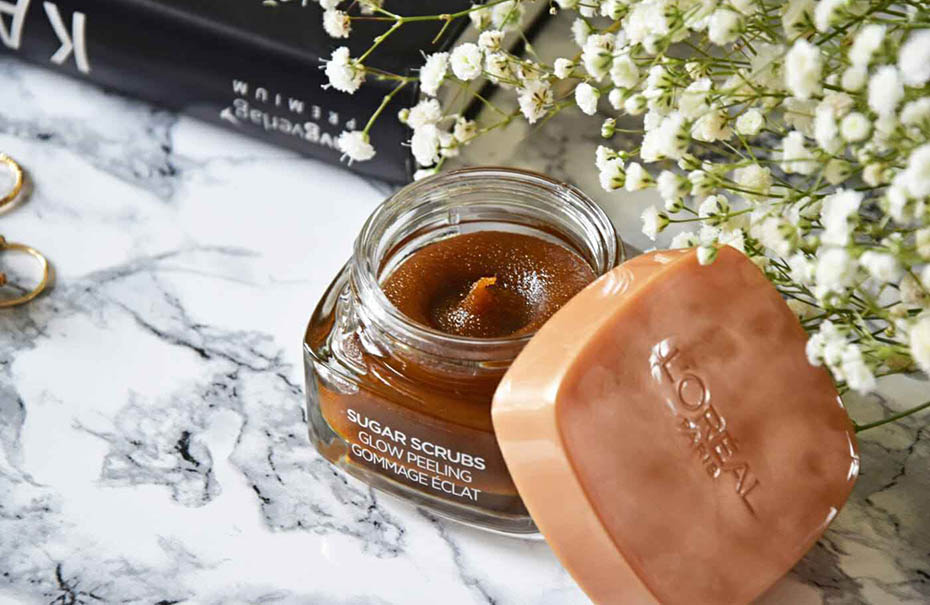
When exfoliating, keep these points in mind:
- Avoid Over-Exfoliation: Limit exfoliation frequency to once a week to avoid weakening the protective function of the stratum corneum.
- Moisturize: Always follow exfoliation with moisturizing products to maintain skin hydration.
- Sun Protection: Exfoliation makes the skin more vulnerable, so always apply sunscreen before going outside.
Can Retinol Be Used for Exfoliation?
Retinol (Vitamin A derivative) is well-known for its exfoliating and anti-aging properties. It accelerates skin cell turnover, helping remove old skin cells while promoting collagen production.
Is Peeling After Using Retinol Normal?
Initial use of retinol may cause peeling as it promotes skin cell renewal. However, if peeling is severe, reduce usage frequency or consult a dermatologist.
Will Retinol Make the Skin Thinner?
Retinol stimulates skin metabolism, causing old skin cells to shed and new healthy cells to generate, which does not thin the skin. Instead, long-term use of retinol can make the skin firmer and smoother.
Benefits of Retinol? Usage Recommendations for Different Skin Types?
Main benefits of retinol include:
- Exfoliation: Speeds up skin cell turnover and removes old skin cells.
- Anti-Aging: Promotes collagen production and reduces fine lines and wrinkles.
- Brightening: Improves dullness and makes the skin more radiant.
Usage recommendations for different skin types:
- Oily Skin: Opt for higher concentration retinol products to help control oil and reduce acne.
- Dry Skin: Choose retinol products with hydrating ingredients to prevent dryness.
- Sensitive Skin: Start with low-concentration retinol products and gradually increase usage.
Recommended Product: Olay‘s retinol rejuvenation series, combining retinol with moisturizing ingredients, suitable for all skin types.
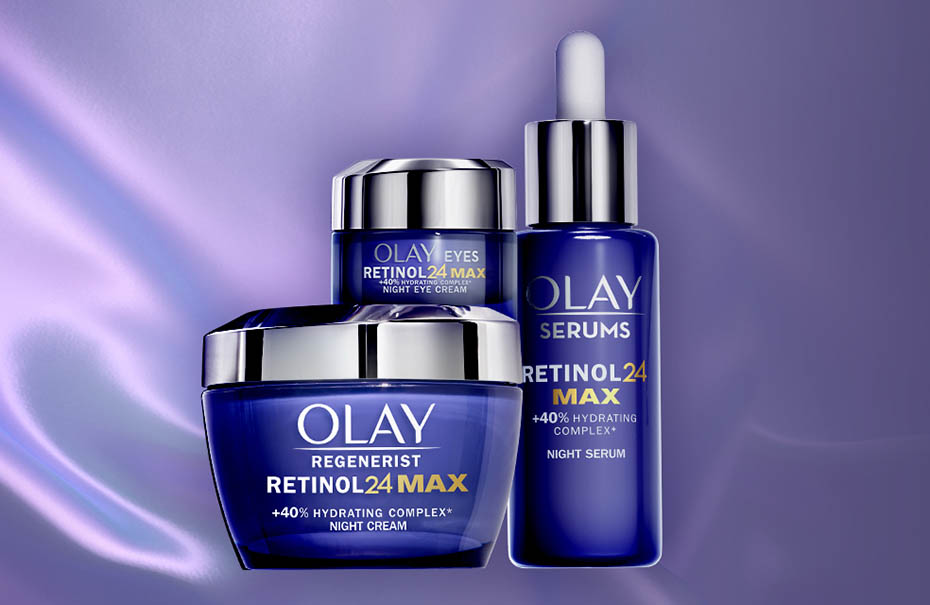
Beyond Exfoliation: Protecting the Stratum Corneum is More Important
While exfoliation is important, protecting the stratum corneum is even more crucial. Only a healthy stratum corneum can effectively protect the skin and maintain its hydration and radiance.
Ingredients for Maintaining a Healthy Stratum Corneum?
To keep the stratum corneum healthy, use skincare products containing the following ingredients:
- Hyaluronic Acid: Powerful hydrator that locks in skin moisture.
- Ceramides: Repair and strengthen the skin barrier.
- Glycerin: Attracts and retains moisture in the skin.
Recommended Product: L’Oréal Paris‘ Revitalift series, rich in hyaluronic acid and ceramides, helps maintain a healthy stratum corneum.
Three Key Tips for Stratum Corneum Care
- Moderate Exfoliation: Choose the right exfoliating products and frequency based on your skin type to avoid over-exfoliation.
- Hydration and Moisturization: Always use moisturizing products after exfoliation to keep the skin hydrated.
- Sun Protection: Ensure adequate sun protection after exfoliation as the skin becomes more vulnerable.
For skincare enthusiasts looking to share their routines and tips, Squarespace.com offers an excellent platform to create a professional and aesthetically pleasing website.
A healthy stratum corneum is essential for maintaining hydrated and radiant skin. Proper exfoliation and protection methods can help us better care for our skin. When choosing exfoliating products, we recommend using products from Curel, Olay, and L’Oréal Paris. Their high-quality ingredients and gentle formulas can effectively help us maintain a healthy stratum corneum.
We hope it helps you better understand the importance of exfoliation and protection, and choose the right skincare products to achieve healthy, radiant skin. Don’t forget to check out Squarespace.com for creating your personal skincare blog or website to share your journey and connect with others.
